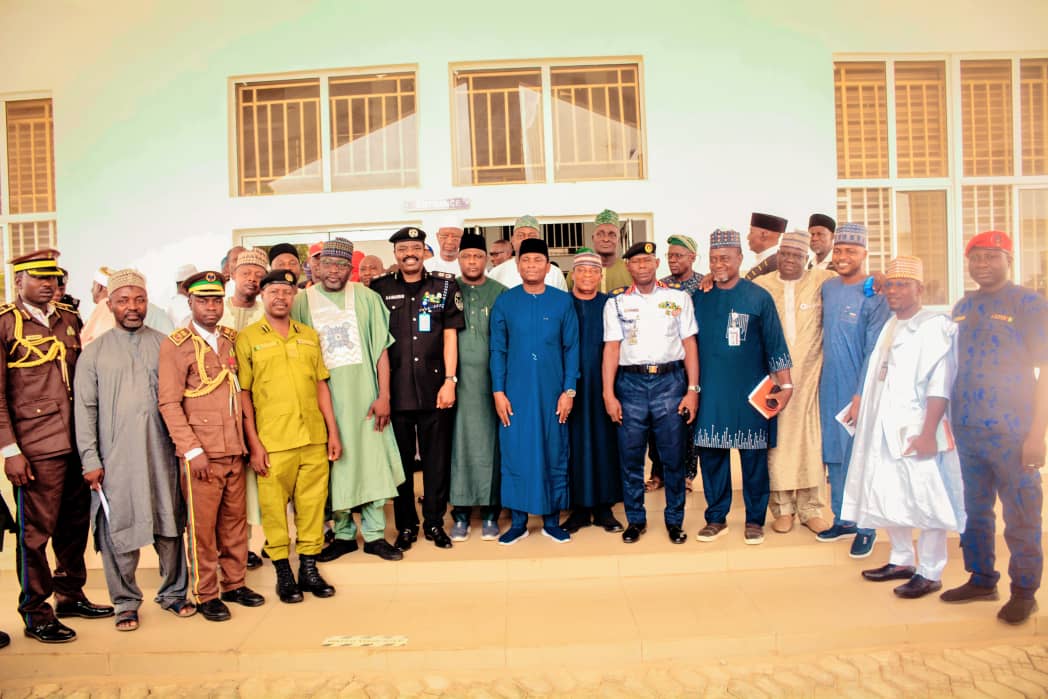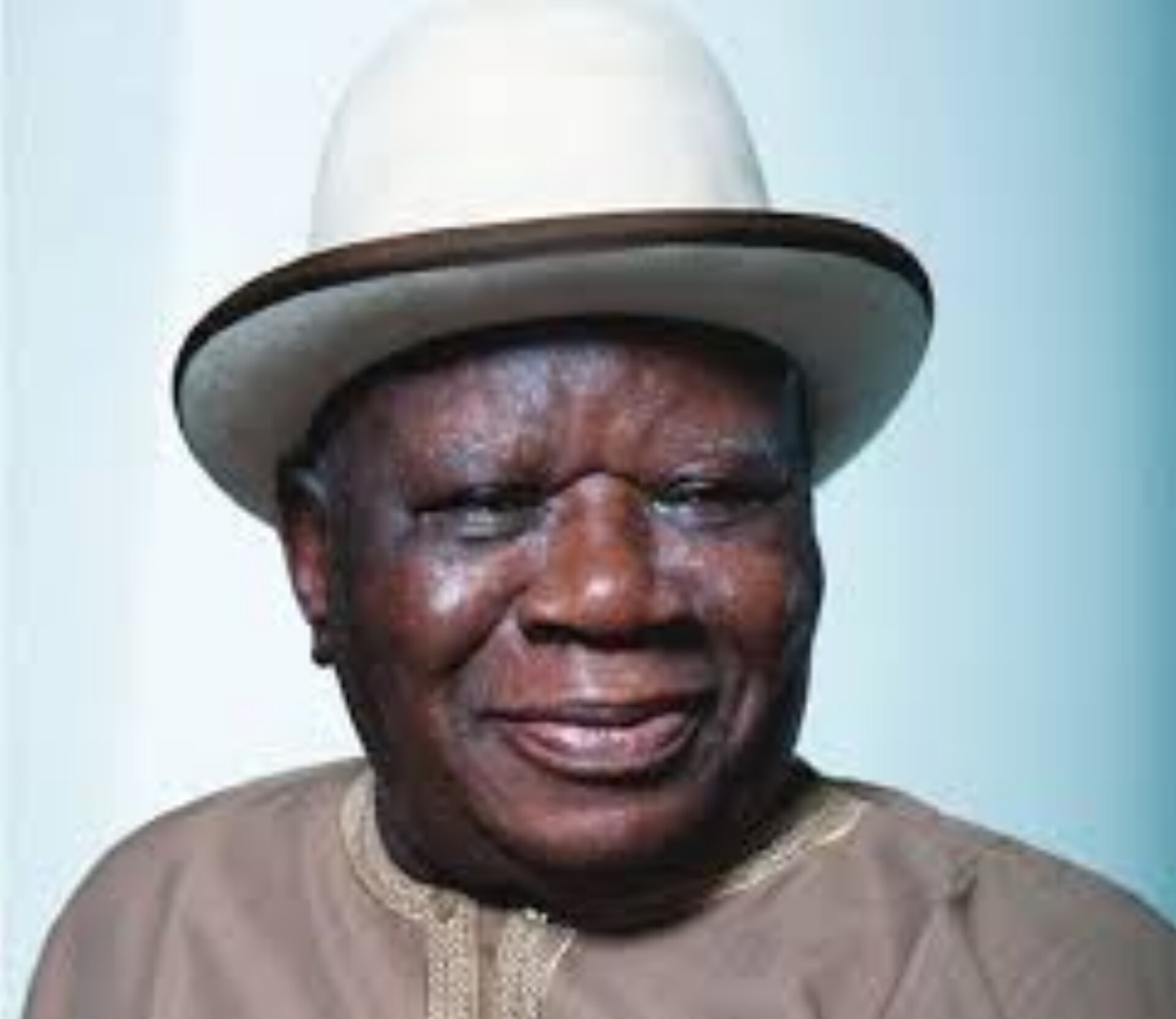A senior member of the All Progressives Congress (APC) and former Commissioner for Information, Culture, and Tourism in Niger State, Jonathan Vatsa has accused armed groups of orchestrating an ethnic cleansing campaign following the recent killing of 13 farmers in Angwan Maigiro, Allawa district of Shiroro Local Government Area.
The attack, which occurred last week, is part of a disturbing pattern of violence that has plagued the region for years.
In a strongly worded statement on Sunday, Vatsa argued that the repeated assaults on farming communities in Shiroro, Rafi, Munya, and Paikoro local government areas go beyond ordinary banditry.
He suggested that the attacks are a coordinated effort to drive indigenous people off their lands, which are abundant in agricultural and mineral resources.

“This is not just random violence; it’s a deliberate attempt to wipe out the native population and seize control of their fertile and resource-rich lands,” Vatsa said. “The time to act is now—this situation has escalated beyond what the state government can handle alone.”
Vatsa called on the federal government to take immediate and decisive action, emphasizing that the state government lacks the necessary resources and control over security forces to effectively combat the threat. He also pointed to a troubling disparity in how the violence is unfolding, noting that while farmers are being targeted, illegal miners in the same areas continue their activities without interference.
“The fact that these illegal miners are left undisturbed while farmers are being slaughtered raises serious questions about the true nature of these attacks,” Vatsa stated.
“Why are the bandits ignoring the miners and focusing solely on the farmers? There is more to this than meets the eye, and the government must investigate and act swiftly.”
The APC chieftain warned that the ongoing attacks threaten to severely undermine food production in Niger State, particularly in the affected areas, which contribute significantly to the state’s agricultural output.
“These local government areas produce over 60% of the state’s food supply. If this violence continues, it will lead to widespread food shortages not only in Niger State but across the North Central region,” he said.
Vatsa also highlighted the potential national implications of the crisis, cautioning that it could derail the federal government’s agricultural and food security initiatives.
“If our farmers are not protected, and their lands are not secured, the current food price inflation will only worsen,” he warned.
He urged the federal government to demonstrate strong political will in addressing the crisis, calling for immediate measures to protect the affected communities and restore order.
“The future of our nation’s food security and the livelihoods of countless families depend on it. We cannot afford to delay any longer,” Vatsa concluded.




